
With many crypto exchanges in South Korea now on a precipice as a new regulatory framework kicks in, some are threatening to sue the government over its alleged shirking of key responsibilities.
With the implementation of new rules from South Korea’s Financial Services Commission (FSC), many smaller cryptocurrency exchanges in the country fear they will be forced to shut down.
These rules require each exchange to prove that it has a real-name account held at a Korean bank by Sept. 24, 2021 — the hitch being that domestic banks are refraining from engaging in any risk assessment for applicant exchanges, save for the country's top four trading platforms.
Smaller exchanges are now reportedly considering suing the government over its alleged failure to take responsibility for much of its regulatory remit, according to a report from Business Korea. As part of the FSC's new rules, domestic banks are required to refuse their services to any crypto exchange client they deem to have failed to comply with ID verification measures or to report suspicious activities.
In the words of one industry official, the government and financial authorities have essentially passed on much of the responsibility for the vetting of crypto exchanges onto banks, who are thereby being “forced to take responsibility for issuing real-name accounts.”
Given that the Korea Federation of Banks and several commercial lenders have already appealed to the FSC to change the new rules — fearing their own prospective liabilities for financial crimes on crypto exchanges — the government could thus soon be facing pressure on all sides.
Business Korea claims that an undisclosed number of exchanges are considering filing a constitutional appeal against the government and financial regulators for their perceived abdication of responsibility in regulating the industry and ensuring best practices.
K Bank, NH Bank and Shinhan Bank are all reportedly engaged with vetting the Korean crypto industry's big names: UPbit, Bithumb, Coinone and Korbit. Yet a similar engagement is being withheld from lesser-known platforms, for whom banks are loath to assume responsibility. One anonymous crypto exchange representative told reporters:
“These days, banks are refusing to initiate their cryptocurrency exchange verification processes without clear reasons and most exchanges are failing to get a chance to prove themselves. [...] The Financial Services Commission needs to step in right away.”
Related: Korean banks will need to classify crypto exchange clients as ‘high risk’
Twenty crypto exchanges in Korea had already met for a closed-door meeting with the FSC's Financial Intelligence Unit earlier this month, where they reportedly expressed their concerns about obstacles to satisfying the real-name account requirements, among other operational difficulties. Then, as now, only the “Big Four” exchanges appeared to have any chances of securing a future under the new guidelines.
In addition to the absence of engagement, the fees involved in forging such banking partnerships are prohibitively expensive for most smaller operators. It is estimated that the changes wrought by the new rules, as part of a larger suite of new crypto-specific regulations, are set to affect roughly 60 exchanges in the country.

You can get bonuses upto $100 FREE BONUS when you:
💰 Install these recommended apps:
💲 SocialGood - 100% Crypto Back on Everyday Shopping
💲 xPortal - The DeFi For The Next Billion
💲 CryptoTab Browser - Lightweight, fast, and ready to mine!
💰 Register on these recommended exchanges:
🟡 Binance🟡 Bitfinex🟡 Bitmart🟡 Bittrex🟡 Bitget
🟡 CoinEx🟡 Crypto.com🟡 Gate.io🟡 Huobi🟡 Kucoin.

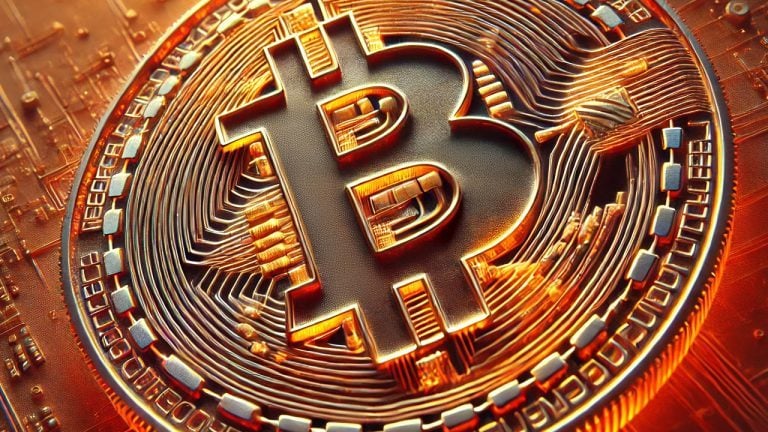


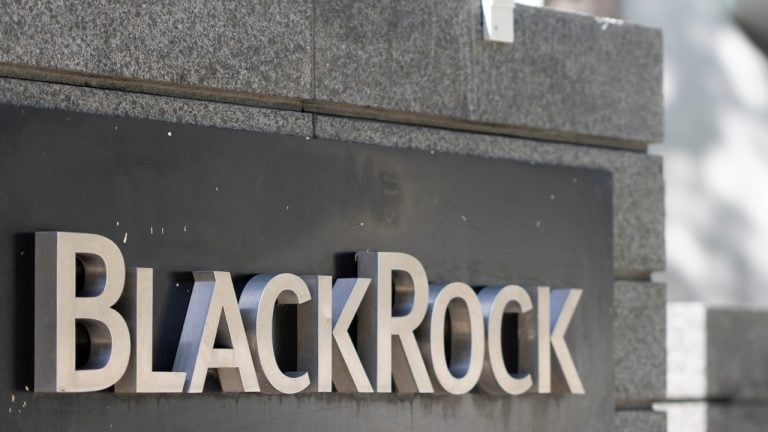
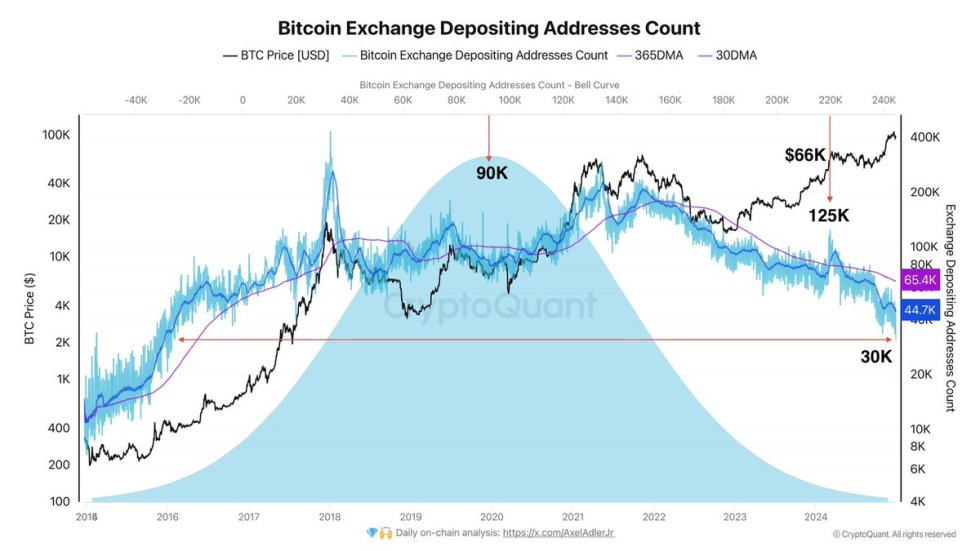



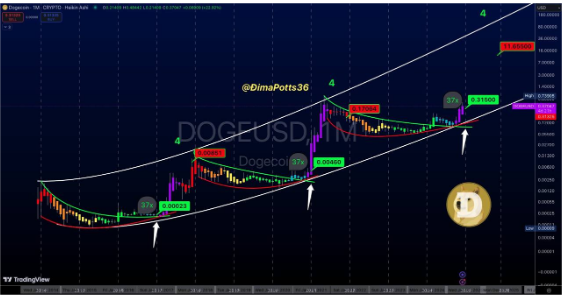




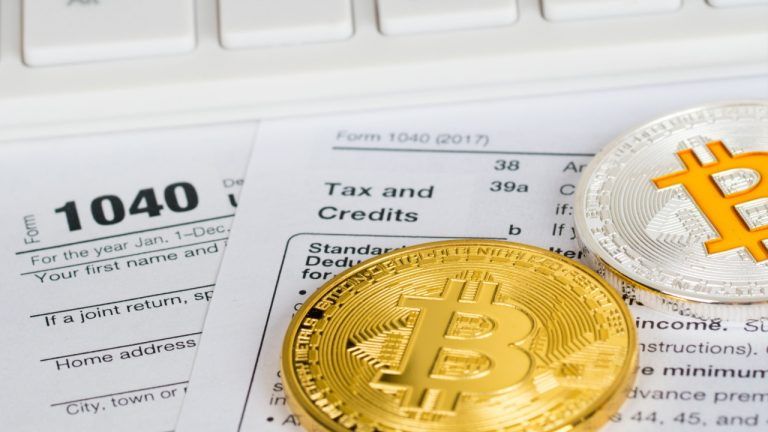
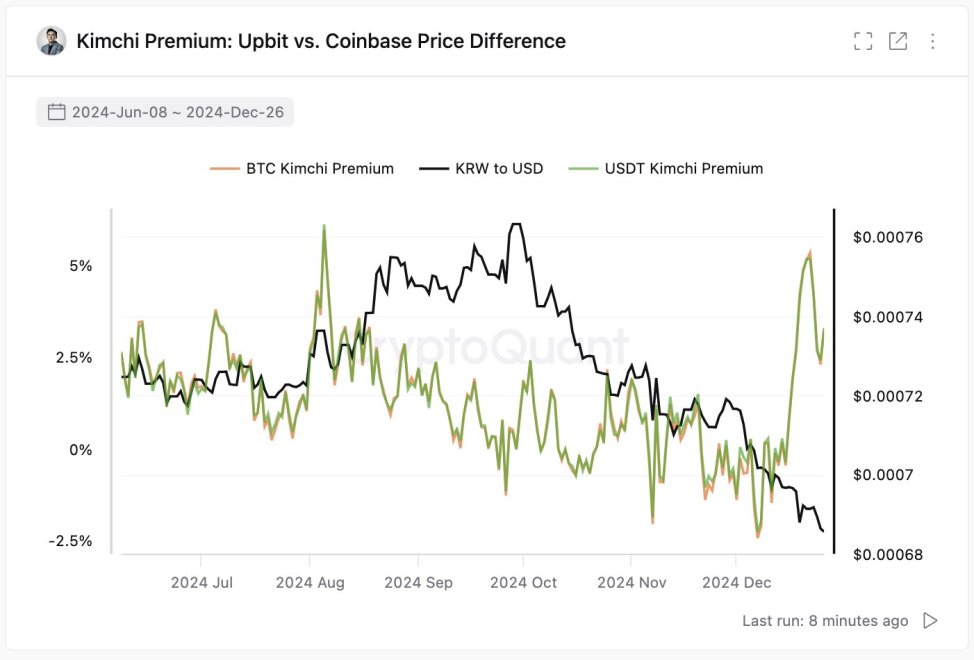

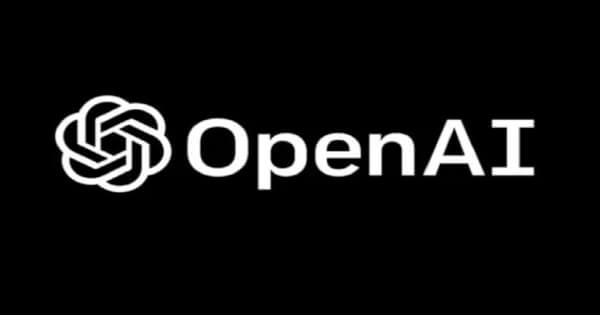
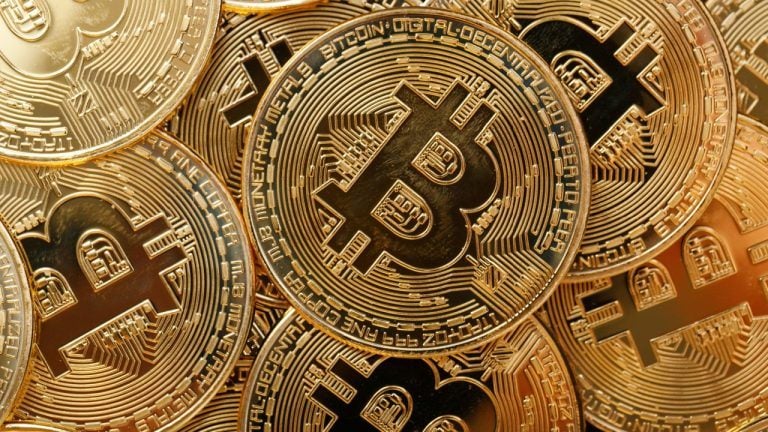

Comments